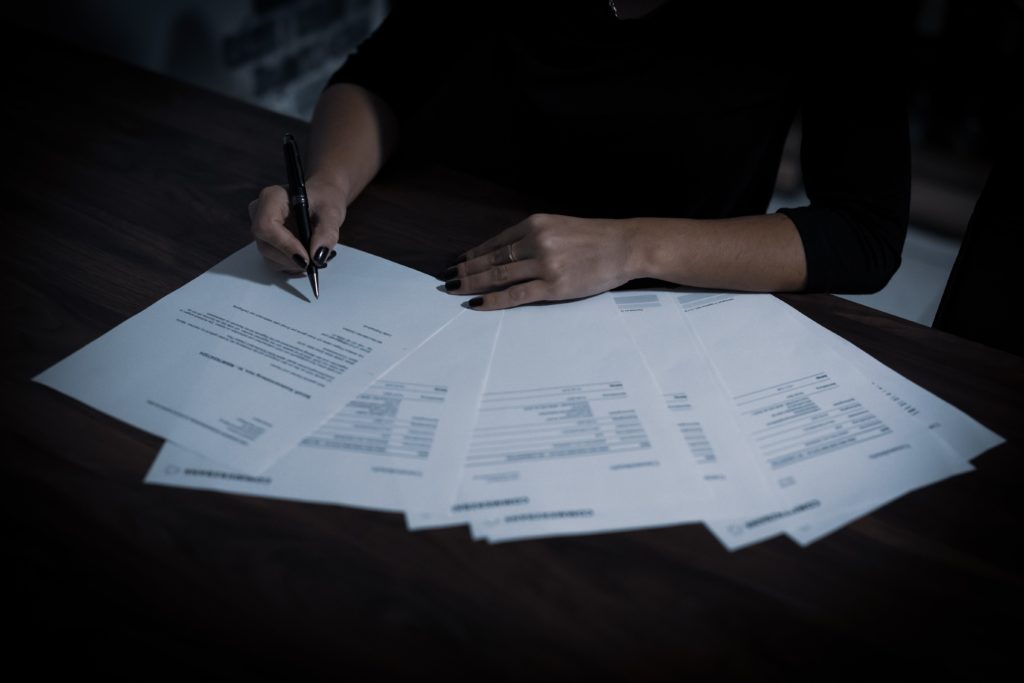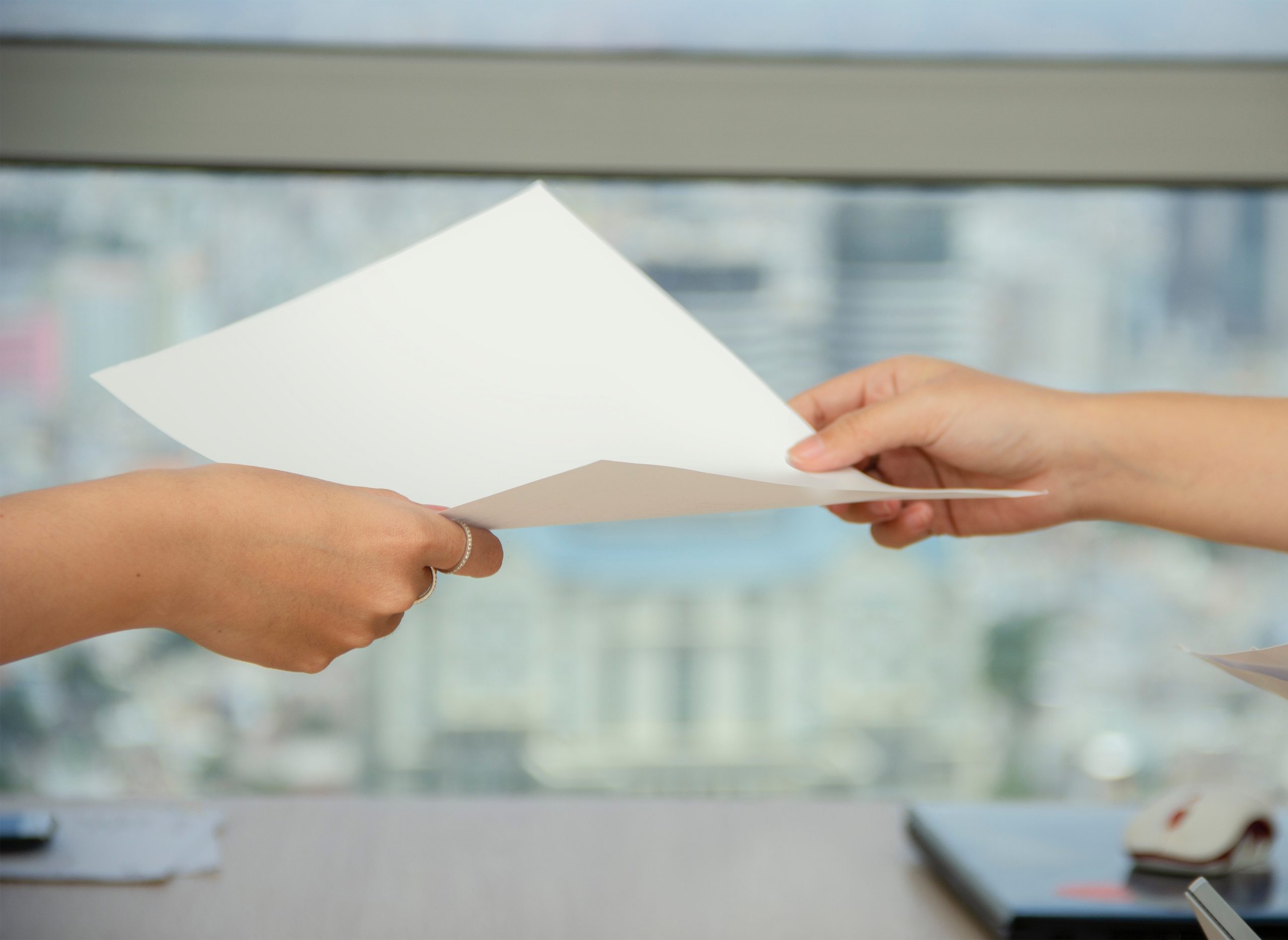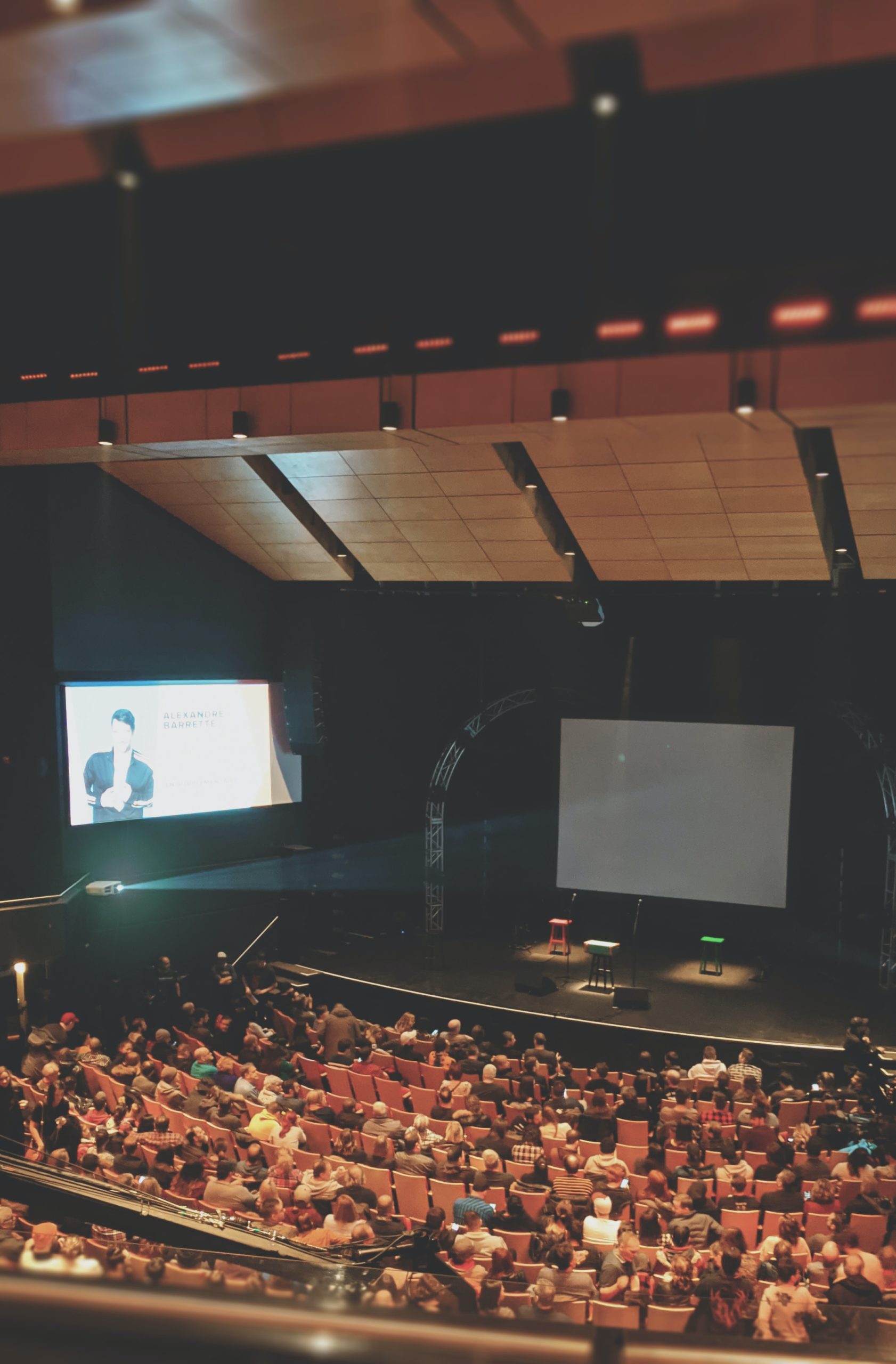Intellectual property (IP) infringement is the term for unauthorized use, duplication, or exploitation of another person’s intellectual property rights. Intellectual property refers to a variety of ingenious and creative works, including trademarks, patents, copyrights, industrial designs, and geographical indications. Preserving these rights is crucial because it guarantees that creators profit from their intellectual property and prohibits others from using it for financial benefit without their consent.

Intellectual property infringement claims and litigation in Latvia
Similar to many other nations, Latvia has laws and agreements that safeguard IP rights. Latvia is aware of the value of intellectual property rights in promoting economic development, creativity, and innovation. The Latvian legal system has procedures in place for upholding IP laws and dealing with instances of infringement to protect these rights. Here is a guide to filing legal claims for intellectual property violations in Latvia:
Preliminary steps
It is preferable to take proactive measures to settle the conflict peacefully before turning to litigation. This may include getting in touch with the offender personally, alerting them of the violation, and asking them to stop the infringing activity. In certain situations, delivering a cease-and-desist letter through legal counsel may highlight the gravity of the situation and hasten a settlement without the need for judicial intervention.
Determining jurisdiction
Identify the appropriate Latvian court that has jurisdiction over the IP infringement case. Jurisdiction is typically determined by the location of the infringement or the defendant’s residence. Each type of intellectual property right may have specific court divisions responsible for handling related disputes. Consulting an IP attorney can help ensure that the correct jurisdiction is determined.
Assembling proof
Gather strong proof to back up your accusation of IP violation. This may include images, invoices from purchases, contracts, samples, screen grabs from websites, and any other paperwork that proves the existence of the IP right, ownership, and infringing behavior. Your case will be strengthened by strong evidence, which will improve your chances of winning.
Initiating litigation
Hire a knowledgeable IP lawyer to assist you in the legal procedure. The lawyer will help with the preparation and filing of a case in the proper Latvian court. It will include a thorough description of the alleged infringement, the remedies demanded (such as injunctions and damages), and any supporting documentation. To make sure the litigation moves forward successfully, strict respect for procedural standards and timelines is essential.
Legal actions
There are often multiple steps to the legal process:
- Create a complaint that details the infringement’s facts and the remedies you are seeking.
- File the complaint with the appropriate court.
- Serve the defendant with the complaint.
- The defendant will have a chance to respond to the complaint by submitting a response.
- A trial will thereafter take place in the case.
Reparations and damages
The court may provide a range of remedies to address the infringement if the claimant is successful. These may involve monetary compensation for losses as well as interim or long-term injunctions to cease the infringement. Additionally, it could contain the payment of the lawyers’ fees incurred throughout the legal process as well as an account of profits (if applicable). Damages are given to put the claimant back in the position they would have been in if the infringement hadn’t happened.
Appeals
Both parties have a finite window of opportunity to submit an appeal if they don’t agree with the court’s decision. The appeal is often heard by a higher court, which then weighs the arguments made by the parties, the evidence produced, and the relevant legal precedents.
Enforcement
Once the court authorizes the claimant’s requested remedies, it is crucial to make sure they are carried out. To successfully execute the court’s ruling, this may include collaborating with enforcement agencies or bailiffs. Injunctions and other court orders may need continuous monitoring to guarantee compliance.
An alternative to litigation
In lieu of going to court, parties to an IP issue may look into alternative dispute resolution procedures like mediation or arbitration. These procedures provide a less rigid and formal method of settling conflicts. To use these techniques, everyone concerned must freely agree.
You can also find these articles helpful
Advice for startup companies in Latvia
Library and archives activity license in Latvia
Reasons to trademark a business







